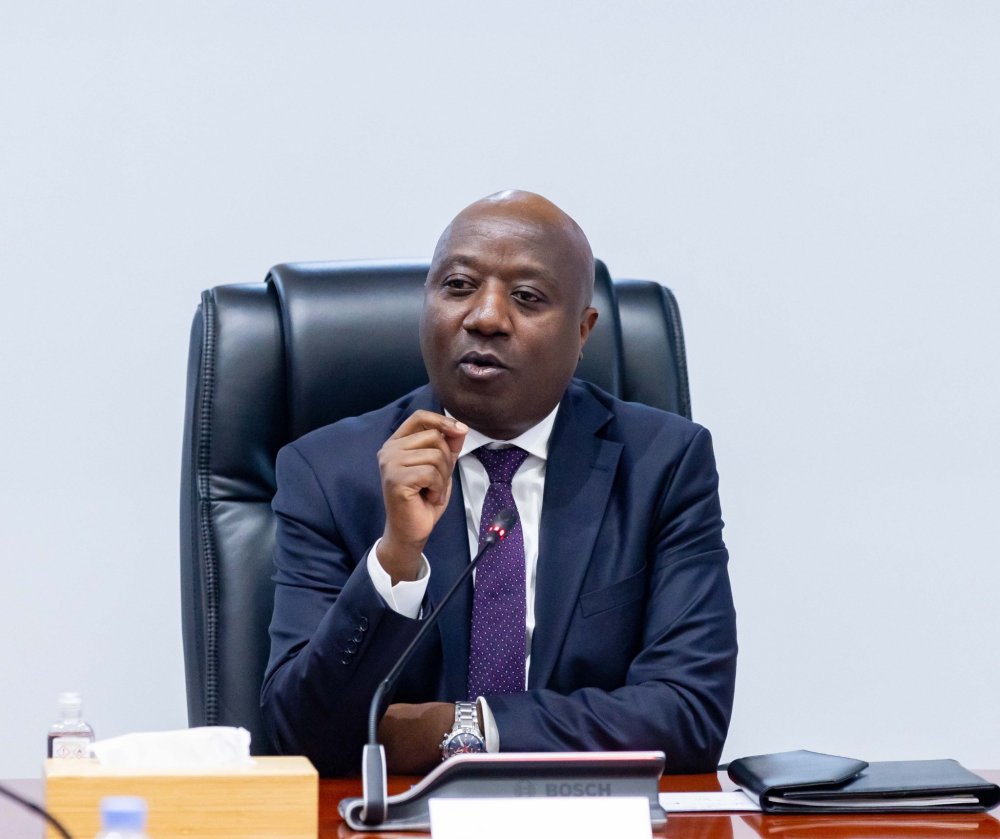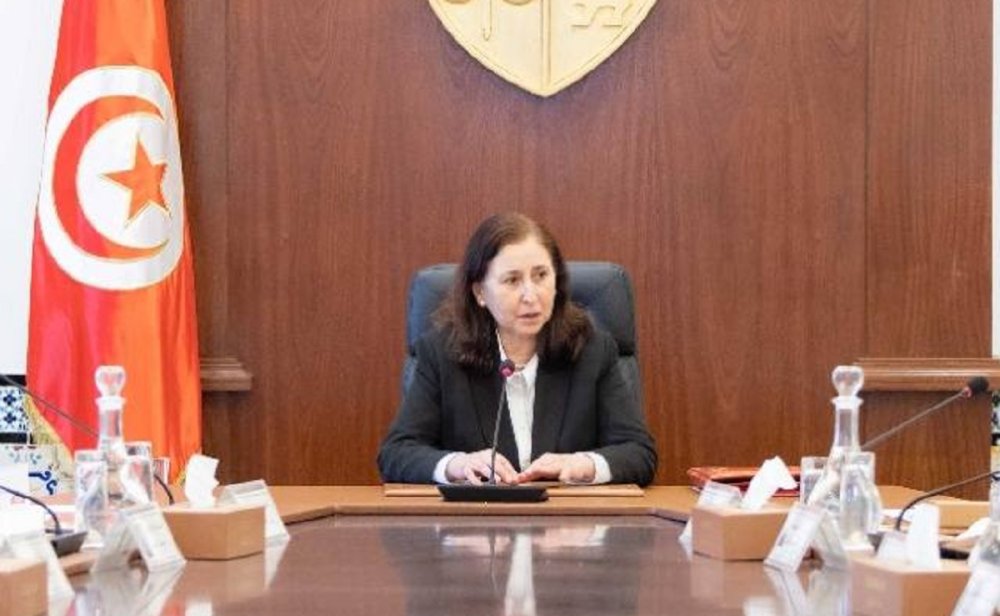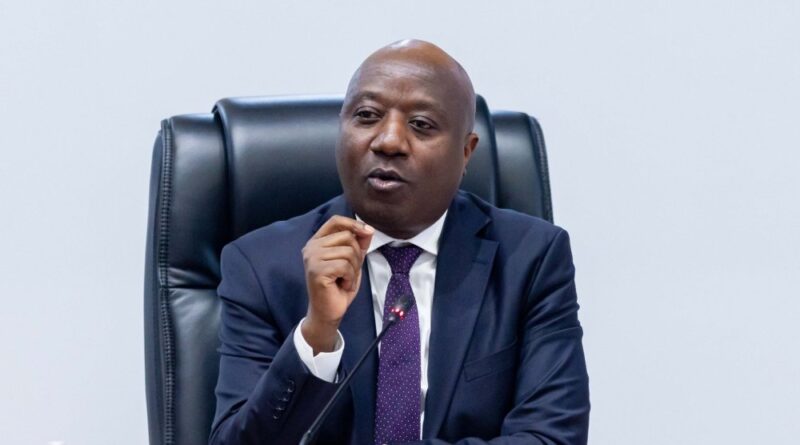Rwanda and Tunisia Strengthen Bilateral Ties Through Strategic Development Partnerships
On June 17, 2025, Rwanda’s Prime Minister, Dr. Edouard Ngirente, held a telephone conversation with his Tunisian counterpart, Sarra Zaafrani Zenzri, focusing on deepening bilateral cooperation in key sectors including trade, energy, infrastructure, and sustainable development.
The two leaders reaffirmed their commitment to reinforcing economic collaboration by leveraging existing regional agreements such as the African Continental Free Trade Area (AfCFTA) and the Common Market for Eastern and Southern Africa (COMESA), where both countries are members. They agreed on the importance of advancing cross-border trade and scaling up joint initiatives, particularly in the area of renewable energy.
The discussions also covered ongoing infrastructure projects in Rwanda implemented with the support of Tunisian companies such as STEG International Services (STEG-IS) and the National Exploitation and Distribution Utility (SONEDE), particularly in the water and electricity distribution sectors.
Prime Minister Ngirente emphasized Rwanda’s intention to continue fostering mutual growth through knowledge sharing, technical exchange, and human capacity development—especially in health and other critical service sectors.
This growing relationship was previously reinforced through a bilateral air transport agreement signed in February 2020 during the 33rd African Union Summit held in Addis Ababa, Ethiopia. The agreement aimed to liberalize airspace and enhance connectivity between the two nations.
Further diplomatic engagements continue to shape this partnership. In March 2025, Rwanda’s Minister of Foreign Affairs, Olivier Nduhungirehe, met with Tunisia’s Foreign Minister, Mohamed Ali Nafti, to discuss regional security and cooperation within the Great Lakes region.
Tunisia, a North African country bordering the Mediterranean Sea, spans 163,610 square kilometers and has a population of over 12.3 million. The official language is Arabic, and the Tunisian Dinar is the national currency. The country is currently led by President Kais Saied, re-elected in October 2024.
As of 2024, Tunisia’s Gross Domestic Product stood at $54.6 billion, with a per capita income of $4,396. Its economy is driven by agriculture (11.6% of GDP), industry (25.7%), and services (62.8%).
This renewed cooperation between Rwanda and Tunisia reflects a shared vision for inclusive growth and regional integration, anchored in sustainable development and strategic sectoral collaboration.



